No products in the cart.
Return To ShopFree shipping over $150 US / $200 International
Happy Gum Drops – A healthy toothpaste alternative
$30.00
Happy Gum Drops – A Healthy Alternative to Toothpaste
by Living Libations
Healthy is Happy!
Adorn your gums and freshen your oral care regime. The dynamic essential oils of seabuckthorn, rose, peppermint, clove, oregano, cinnamon, tea tree, and thyme bequeath an organic, botanical blessing on your mouth. Add one drop to a toothbrush and a mouth rinse. Massage onto the gums, and glide a drop over dental floss to clean the tiny spaces between the teeth.
Happy Gum Drops help you to have the cleanest mouth and sweetest breath ever. Happy teeth, tongue, and gums allow you the full enjoyment of life’s sensuality. Happy Gum Drops reaches into all the tiny crevices in your mouth and leaves them sparkling clean.
Happy Gum Drops contains super-critical extracts and essences of seabuckthorn berry, rose otto, oregano, peppermint, clove, tea tree, cinnamon, and thyme linalool. These organic and wild-crafted ingredients anoint all areas of oral care.
If you like flossing, you will love Happy Gum Drops! If you don’t like flossing, you will love Happy Gum Drops!
For pretty-in-pink gums use a drop for brushing, flossing, massaging gums, and mouth-rinses. A drop on a proxa brush, sulca brush, and rubber-tip stimulators may also help give you a clean, beautiful smile.
Happy Gum Drops – A Healthy Alternative to Toothpaste
by Living Libations
Essential oils are extremely potent, often hundreds of times stronger than the herbal extraction of the same plant. Genuine distillations of plants, flowers, seeds, roots, and trees have been used for centuries. Every oil has hundreds of botanical components. Each one of the oils in these formulas is carefully selected by Nadine for its individual and synergistic effects that improve and maintain happy mouths.
The thousands of plant compounds in Happy Gum Drops create a mosaic of botanical flower-power. Essential oils are extremely potent, often hundreds of times stronger than the herbal extraction of the same plant. Every oil contains hundreds of botanical chemical components that work synergistically to effect.
Cinnamon, Cinnamomum ceylanicum. Our true cinnamon bark essential oil from Madagascar is antiseptic and antibacterial. Cinnamon bark oil is a potent cleanser, and it also tastes great!
Clove Bud, Eugenia carophyllata. Distilled fromthe flowering buds of the clove tree, this oil has an extremely high ORAC. Clove oil has freshened breath since ancient times. Its botanical constituents of eugenol, esters, and sesquiterpenes, combine to create a powerful oral cleanser.
Oregano, Origanum vulgare. Our wildoregano oil from oregano grown in the mountains along the the Mediterranean. Wild oregano contains two phenol compounds that contribute to its unique property: carvacrol at concentrations over 65% and thymol at 3.4% concentration.
Dr. Gerald Smith, DDS, explains; “Basically, oregano works like an antibiotic,” boosting the immune system. Many studies show that oregano has a broad range of antimicrobial activities and works against fungus, virus, and bacteria, including E. coli, Staphylococcus aureus, and Pseudomonas aeruglinosa. Wild oil of oregano in oral applications can also improve dental hygiene as it destroys plaque-causing bacteria and reduces risks of gum disease.” Timpone, Patrick. “Interview with Dr. Smith.” One Radio Network, July 2009. www.oneradionetwork.com Accessed December, 2012.
Peppermint, Mentha piperita. Our peppermint is a genuine distillation of fresh leaves from a fourth generation family of distillers in France. The peppermint flavouring used in commercial toothpaste is artificial menthol and offers no benefit to the mouth. Real peppermint is a refreshing and potent purifier.
Rose Otto, Rosa damascene. Rose is a precious and elegant essence. It takes sixty roses to make one drop of Rose Otto essential oil! It is one of the most valued oils for its oral tonifying effects.
Seabuckthorn Berry, Hippophae rhamnoides. This is an incredibly rich and vital oil extracted from a bright orange berry. It is perfectly balanced in omega 3, 6, 7, and 9 essential fatty acids. Our seabuckthorn berry is a special super critical extract that captures over 190 bioactive substances from the edible berry. The oil is lush source of vitamins C, E, provitamins A and B, beta carotene, carotenoids, precious phytosterols, and rare palmitoleic acids. All of these extraordinary plant properties contribute Seabuckthorn’s benefit to the mouth.
Thyme Linalool, Thymus officinalis linalool. This rare variety in the thyme species is a gentle, whole mouth toning agent.
Tea Tree Oil, Malaleuca alternifolia, has been used for thousands of years by the Australian Aborigines. This well-known oil contains the plant-chemicals cineol and propanol that are beautiful full-mouth cleansers. Harvested from the paper bark tea tree, tee tree has been used for thousands of years as a medicinal plant by the Australian Aborigines. It is anti-viral, anti-fungal, and anti-bacterial. The Australian Dental Journal stated that it is “a therapeutic agent in chronic gingivitis and periodontitis, conditions that have both bacterial and inflammatory components.”
Tea tree is full of natural anti-inflammatory agents and contains the plant chemicals cineol and propanol that can decrease gingivitis and reduce plaque. Tea tree is also very astringent and antiseptic. In a scientific dental study, a genuine distillation of tea tree oil (2.5%) proved effective in the treatment of chronic of gingivitis and inflammation. High in natural anti-inflammatory, antibacterial constituents of 1.8–cineol, terpinen-4-ol, tea tree essential oil decreased the level of gingival teeth and reduced plaque scores. Furthermore, the study showed that a total of 162 oral bacteria isolates (including streptococcus) were inhibited and rapidly destroyed by tea tree oil concentrations of less than 2%. The study concluded,
The components of Tea Tree Oil are known to have lipophilic properties which facilitate its diffusion through the epithelium. If Tea Tree Oil is readily absorbed after topical application into the gingival tissues and has anti-inflammatory properties once it has entered the connective tissues, it would be a unique non-toxic agent.
Michael Schmidt, author of Beyond Antibiotics, devotes a chapter to the unique antimicrobial nature of essential oils. He states, “One of the advantages essential oils have over antibiotics is that bacteria do not develop resistance to essential oils. Many essential oils exert their antibacterial effect by interfering with the bacteria’s ability to breathe. On the other hand, antibiotics interfere with the life cycle, or metabolism of, bacteria, but since bacteria are very crafty creatures, they change their chemistry and genes, which makes the antibiotic less effective the next time it is used. As a result, new generations of antibiotics will need to be developed to stay ahead of these organisms.” Schmidt, Michael. Beyond Antibiotics: 50 (or so) Ways to Boost Immunity and Avoid Antibiotics. North Atlantic Books, 1994: 206
Happy Gum Drops and Yogi Tooth Serum are botanical serums created for the Successful Self-Dentistry protocol. Many people ask how they differ and which one should be used. The two serums contain different synergies of botanicals and clean the oral cavity a little differently. They are both great for flossing, brushing, and swishing, and they both keep gums, tongue, and teeth clean and happy.
Happy Gum Drops is fresh and minty tasting. The bitter taste of neem in Yogi Tooth Serum may take a little getting used to, though the cinnamon and cardamom in the product help make it palatable.
Feel free to swallow the oral serums. In the single-drop quantities in which they are used, Libations oral serums are acceptable to swallow. Essential oils are potent, and some people advise that they not be taken internally in any quantity. If the oils are not a genuine authentic distillation, it is certainly best to not ingest them (or apply them to the skin!). When pure distillations of essential oils are taken in small quantities, by the drop, most are fine for internal use. In fact, many essential oils are used by the food and flavor industries. Orange juice is often flavoured with essential oil from oranges, Earl Grey Tea is flavoured with essential oil distilled from bergamot, and many liqueurs, confectionaries, chocolates, and flavour extracts use various essential oils.
What Goes on the Skin Goes In
It is important to remember that everything that is applied to the body, including essential oils, or the manufactured chemicals of perfumes, toothpaste, and synthetic lotions, are absorbed into the bloodstream, cells, and organs. The rate of absorption is even higher inside the mouth where the skin wall, or epithelium, is only one cell thick. This is especially true if one has bleeding gums, which allows anything that is put in the mouth direct access to the bloodstream. We would not want to put anything in, on, or around the body that could not be swallowed. With ingredients, discernment is important.
Commercial toothpaste feels refreshing because it contains synthetic mint (menthol) or other flavor by-products, such as cinnamaldehyde. These are not real plant essences, but synthetic derivatives. Foaming chemicals in your mouth while you are brushing your teeth do not create optimal oral cleanliness. Regular toothpaste gives an illusion of freshness, yet pastes do not remove plaque. It is the brushing that removes plaque. So, it is best to be minimalist about it, and use a dry toothbrush with a dab of salt, baking soda, or a tooth serum.
The chemicals used in commercial toothpaste, including many of the brands sold in health food stores, include chemicals that you do not want in your mouth, such as glycerin, which coats the teeth and blocks the saliva from doing its primary job of re-mineralizing the enamel. You will also find calcium carbonate that does not benefit the teeth. Also, what paste would be complete without the detergent and surfactant sodium lauryl sulfate, which makes toothpaste foamy? This known carcinogen breaks down your skin’s natural barrier, easily penetrates skin, causing bleeding gums, and allows other chemicals to penetrate by increasing skin permeability approximately 100-fold. Additionally, when combined with other chemicals, it transforms into carcinogenic nitrates and can reside in the body for five days.
Some toothpastes contain propylene glycol, a close relative of ethylene glycol used as anti-freeze, which is not to be handled in a lab without gloves. There are also FD&C colorants (including coal tar derivatives that contain heavy metals and accumulate in the body), formaldehyde, Triclosan (a registered pesticide and bio-persistent chemical that destroys fragile aquatic ecosystems), artificial sweeteners, and synthetic isopropyl alcohol.
Ethanol is the primary ingredient in most mouthwashes, even though it is known to contribute to oral cancer. Yet when people learn that they have breath or gum problems, they go out and get a new brand of toothpaste and a big bottle of ethanol-based mouthwash.
Living Libations oral care products are concentrated serums that are water and alcohol free.
Uses:
* They can be added to salt-water for an excellent mouthwash.
*Used on a dry tooth brush in lieu of toothpaste
*Massaged into gums
*Used on proxa-brushes, sulca-brushes and rubber-tip stimulators
*Used on tongue-scrappers
*A drop on the tongue for fresh breath
* One drop smoothed over floss gets the botanical power between each tooth
Soukoulis, S and R. Hirsch. “The effects of a tea tree oil-containing gel on plaque and chronic gingivitis.” Australian Dental Journal, 2004: 49: (2):78. Dental School, The University of Adelaide,
South Australia.
You must be logged in to post a review.
You may also like...
Related products
©Vital Ventures LLC and VitalVibeSource.com 2023
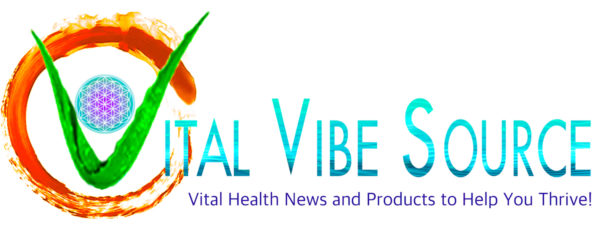

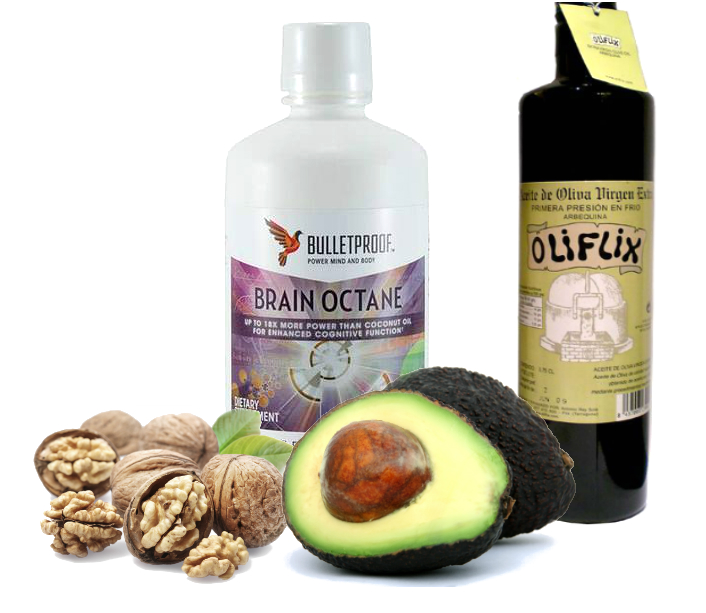
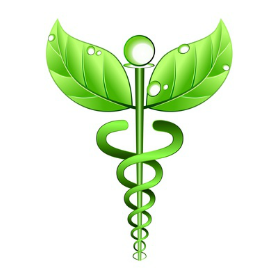
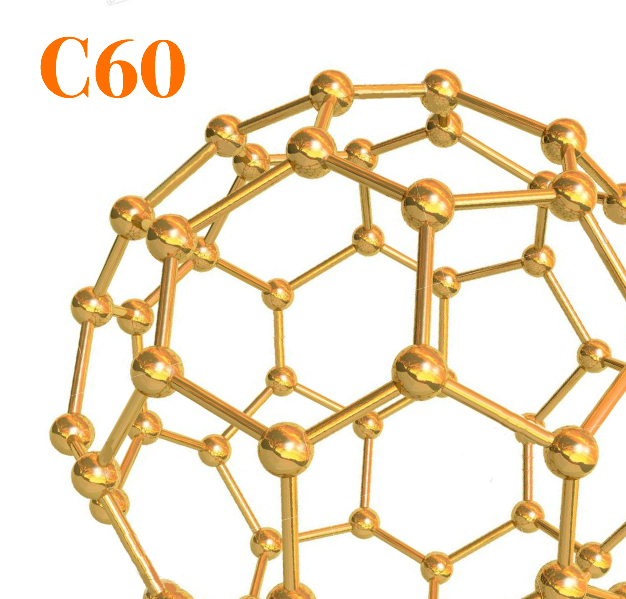
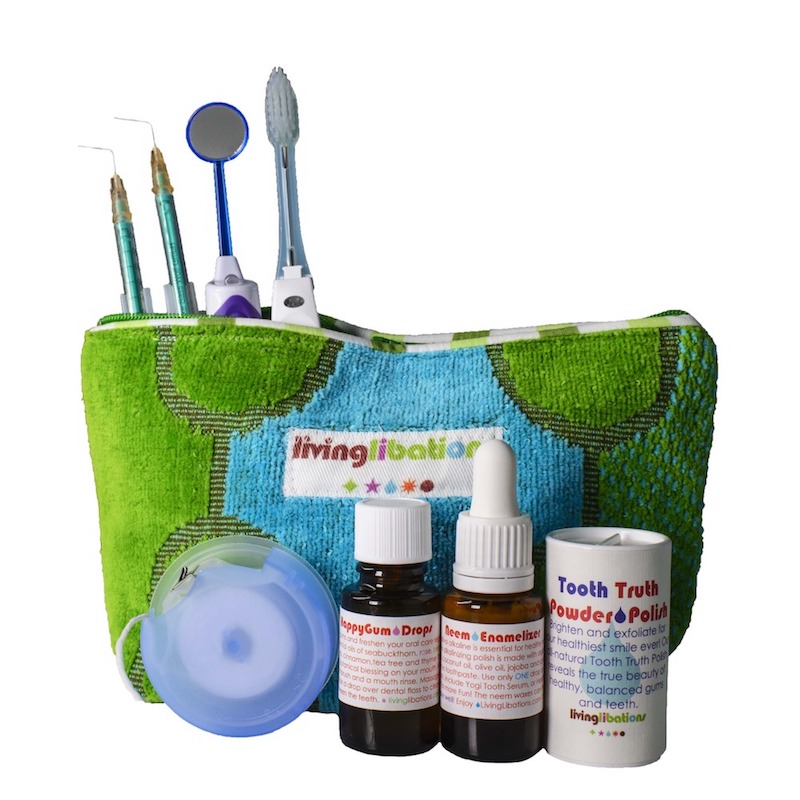
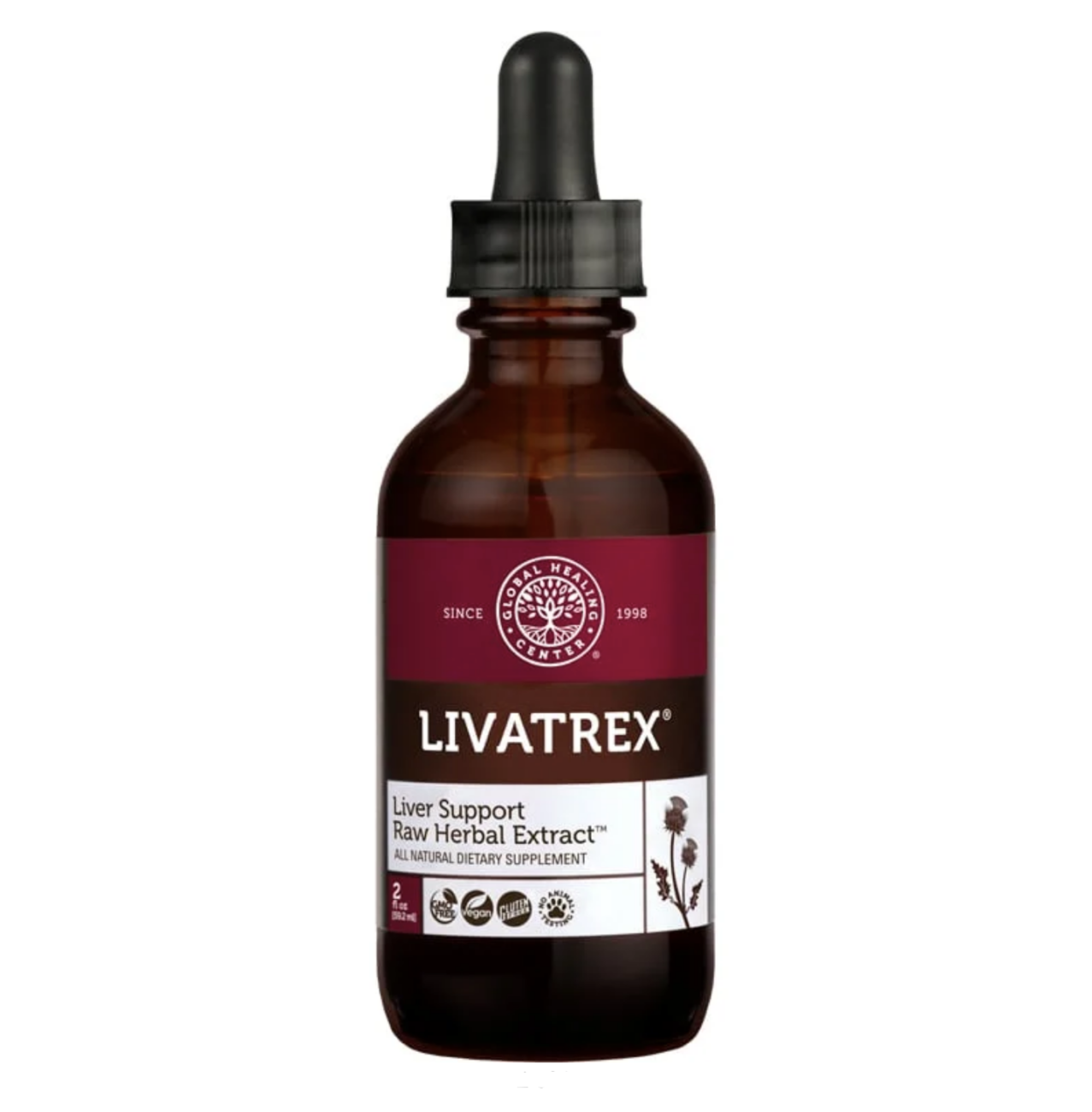
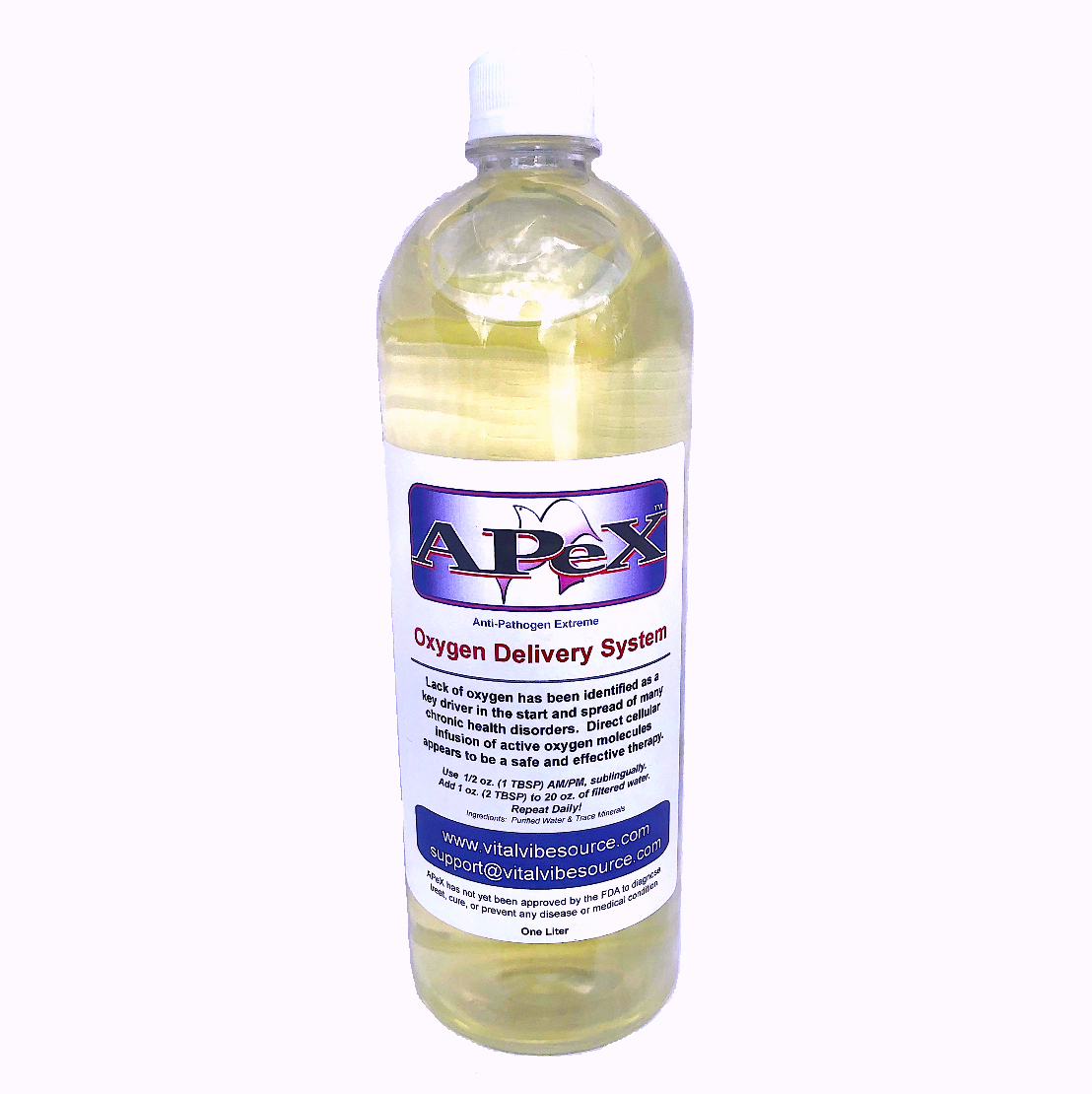
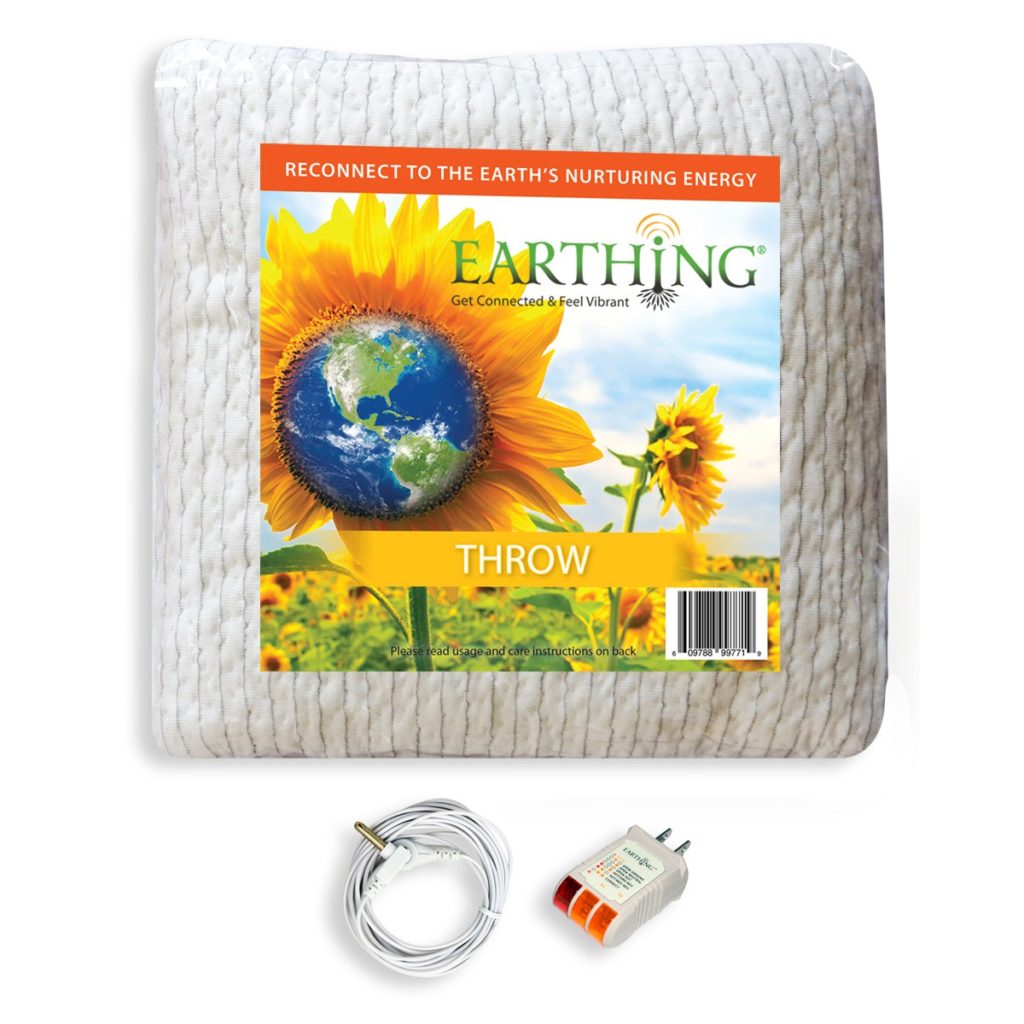
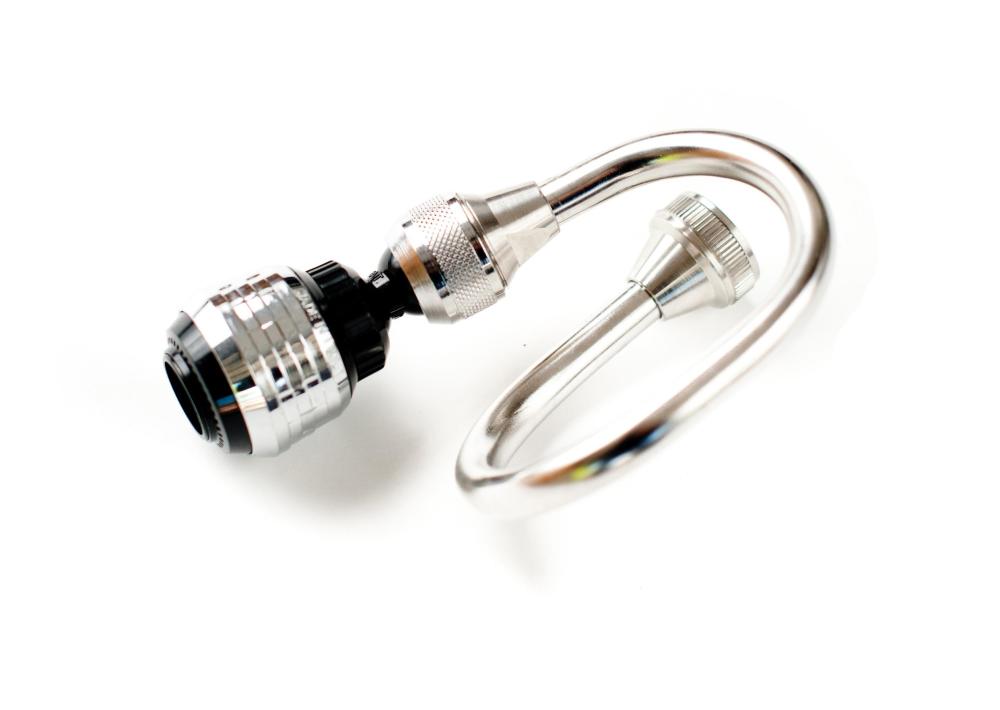
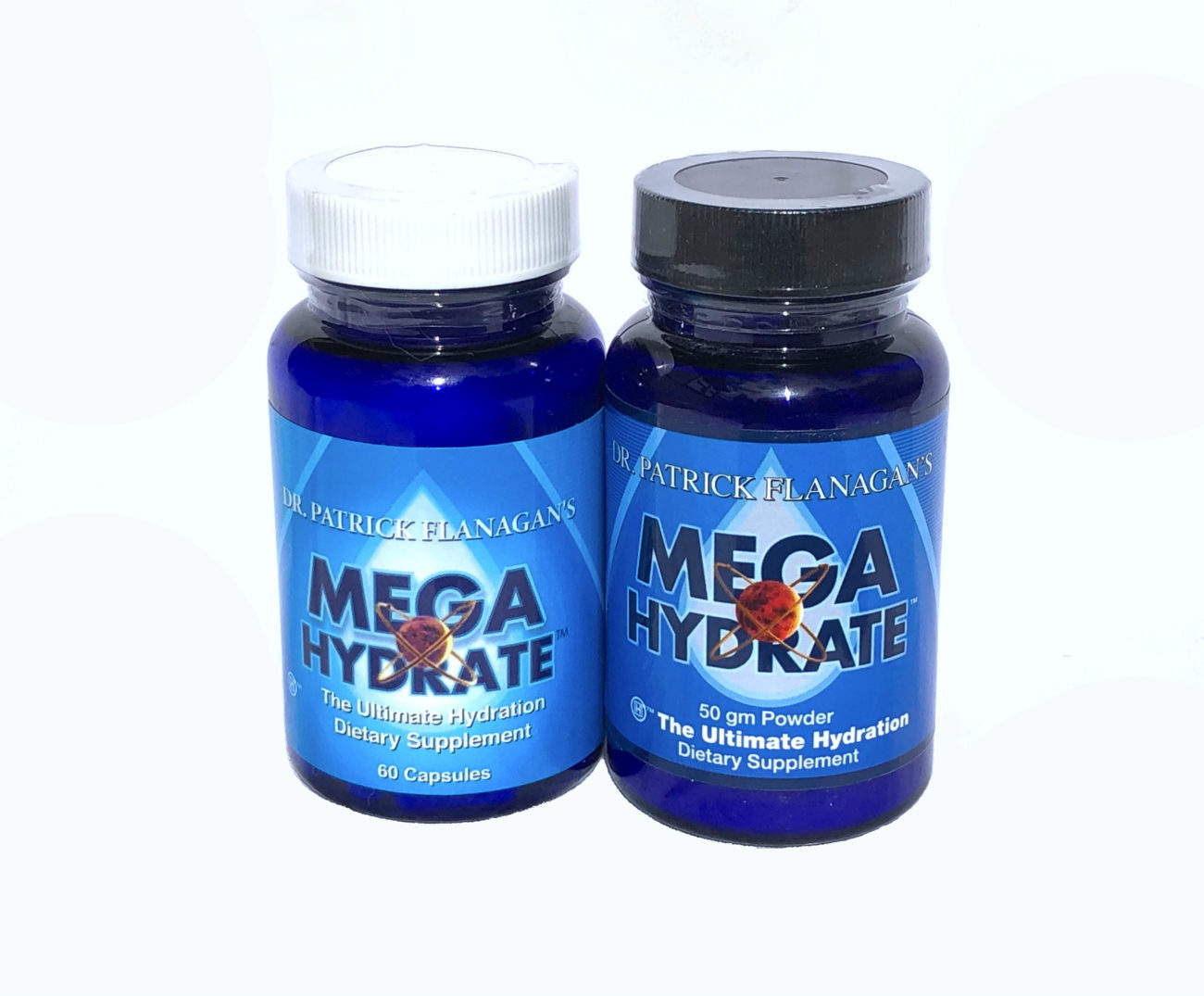
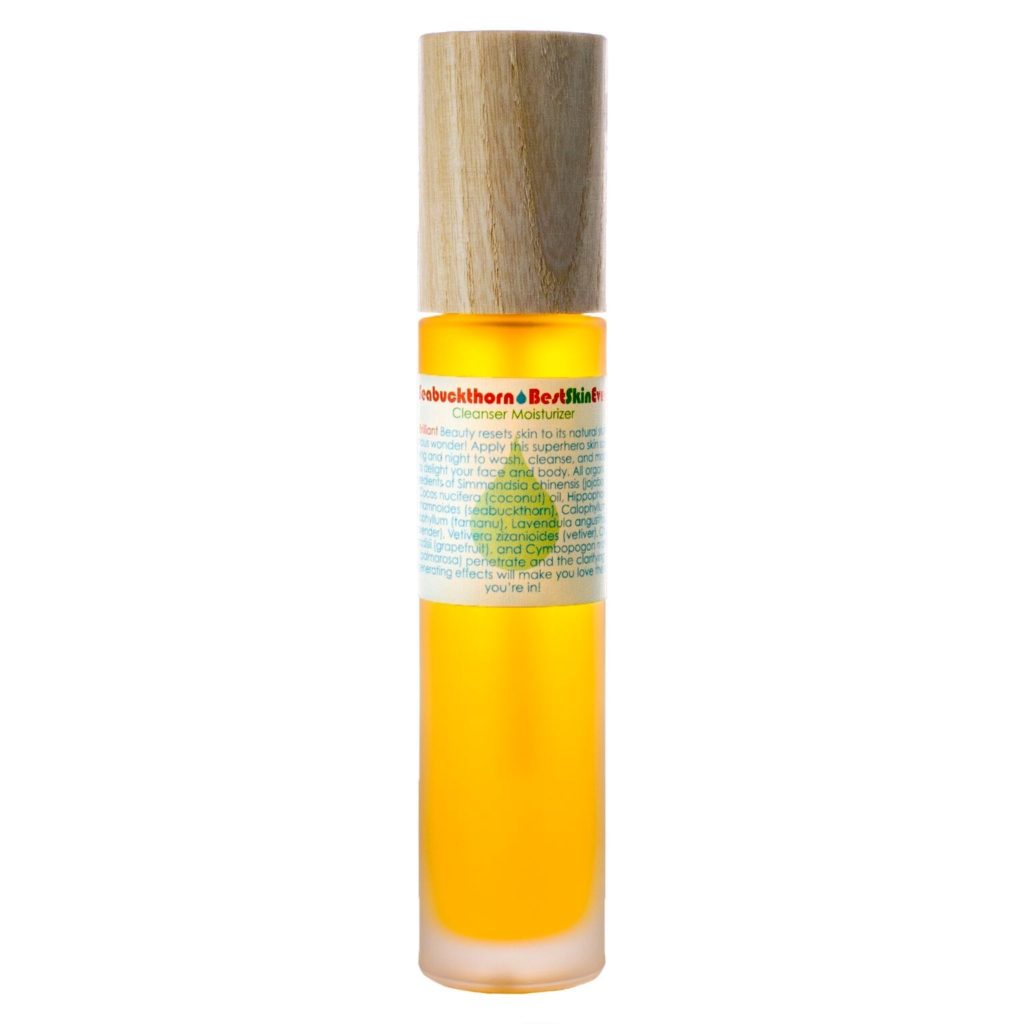
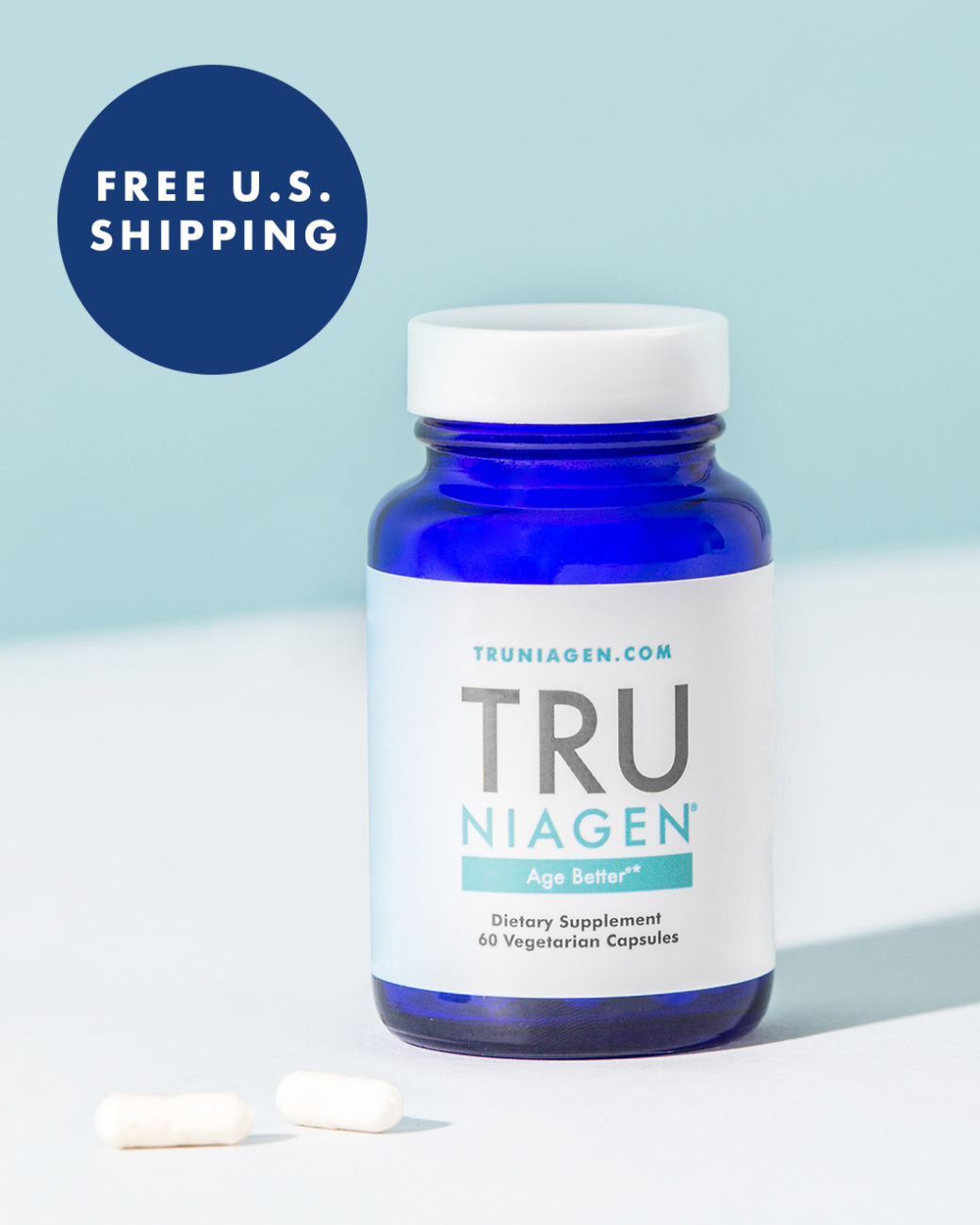

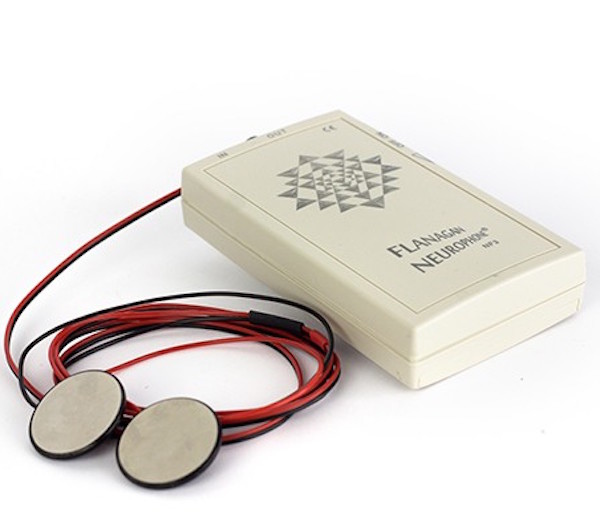
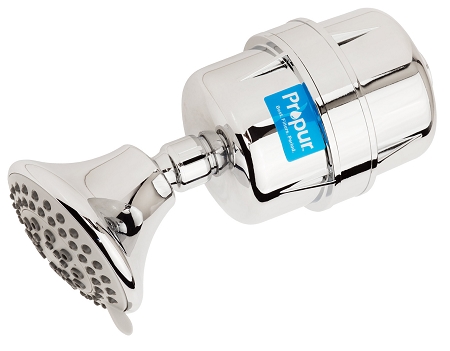
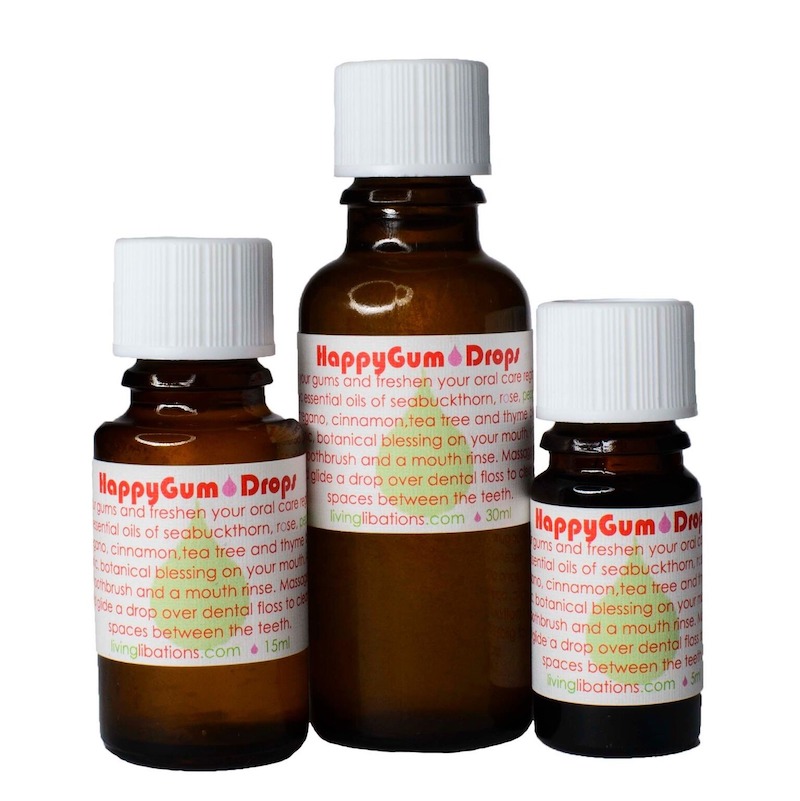
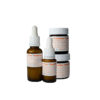
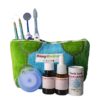
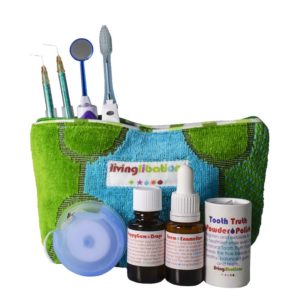

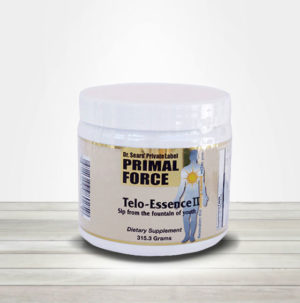
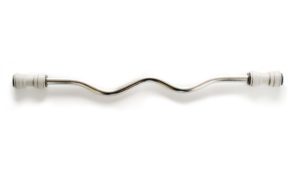

Reviews
There are no reviews yet.